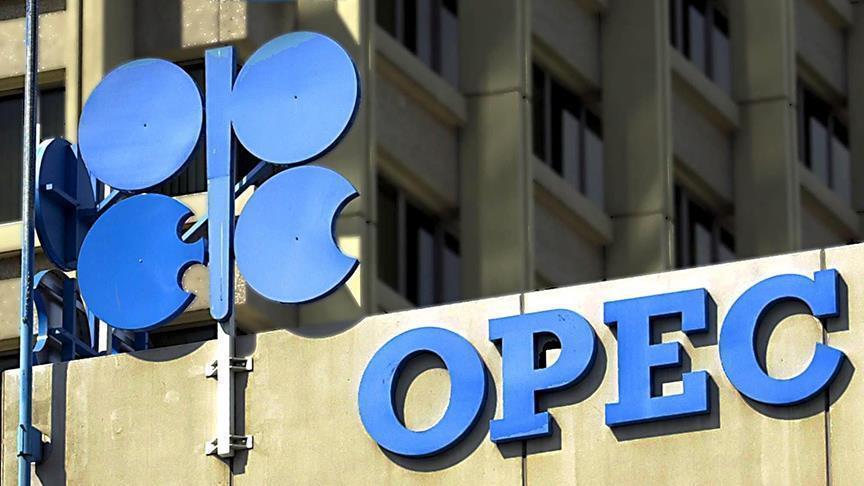OPEC+, the powerful group of oil-producing countries, has made an important decision to limit the increase of oil production until the end of 2025. This move means that these countries will keep the supply of oil steady instead of producing more.
This decision affects the global oil market and could impact everything from fuel prices to the economy in many countries. Let’s explore what this means and why OPEC+ chose to act this way.
What is OPEC+?
OPEC+ is a group of 23 countries that produce a large share of the world’s oil. The group includes the 13 members of the Organization of the Petroleum Exporting Countries (OPEC) plus 10 other big oil producers like Russia.
Together, they control a big part of the world’s oil supply and influence global oil prices. Their decisions about how much oil to produce can have major effects on the global economy.
Why Did OPEC+ Decide to Limit Oil Production?
The main reason behind this decision is to keep oil prices stable. Oil prices can change a lot depending on how much oil is available and how much people want to buy.
If too much oil is produced, prices usually fall because there is more supply than demand. But if there is less oil available, prices go up because the supply is tight.

OPEC+ wants to avoid big changes in prices that can hurt the economy or cause problems for oil-producing countries. By limiting production, they hope to balance the supply with demand in the coming years.
The Decision: What Does It Mean?
OPEC+ announced that it will slow down the increase in oil output that had been planned before. Instead of raising production quickly, they will keep it mostly the same until the end of 2025.
This means the total amount of oil coming from these countries will not grow much during this period.
This decision is different from what some experts expected. Many thought OPEC+ would increase production to meet rising demand as the global economy recovers from the COVID-19 pandemic.
Impact on Oil Prices and Consumers
With production growth limited, the supply of oil in the market will be tighter. This could lead to higher oil prices over time.
Higher oil prices affect many areas, including gasoline prices for drivers, heating costs, and even the price of goods because transportation costs rise.
For countries that import oil, this could mean more expensive energy bills. On the other hand, oil-producing countries may benefit from higher prices as they earn more from selling oil.
How Are Global Markets Reacting?
Since the announcement, oil prices have shown signs of increase. Investors and traders are watching closely because oil is a key global commodity.
Some markets may see more volatility as buyers and sellers adjust to the new supply rules.
At the same time, other factors also affect oil prices, such as political tensions, changes in energy policies, and shifts in demand due to economic growth or slowdowns.
What About Renewable Energy and Future Energy Trends?
This decision by OPEC+ comes at a time when many countries are trying to reduce their reliance on fossil fuels like oil. There is growing interest in renewable energy sources such as solar, wind, and electric vehicles.
Limiting oil production might encourage faster investment in cleaner energy. Some experts believe this move could accelerate the shift toward greener energy solutions.
However, oil will likely remain an important energy source for many years, especially in transportation and industry.
Challenges for OPEC+ Members
Keeping oil production steady may not be easy for all OPEC+ countries. Some members need more oil revenue to support their economies and social programs.
Also, unexpected events like natural disasters or political conflicts can disrupt production and affect supply.
OPEC+ will need to carefully monitor global markets and be ready to adjust their plans if needed.
What Does This Mean for the Global Economy?
Oil is essential for the world economy, so OPEC+’s decision will have broad effects.
Stable or rising oil prices can lead to inflation, making goods and services more expensive worldwide.
At the same time, higher prices can encourage energy companies to invest more in oil exploration and production.
For consumers, it means paying more at the pump and for heating, which could reduce spending on other things.
Looking Ahead: Will OPEC+ Change Its Mind?

The limit on production is set until the end of 2025, but OPEC+ can change its policy depending on how things develop.
If the global economy slows down or there is less demand for oil, the group may increase supply to avoid price spikes.
If demand grows faster than expected or supply is disrupted, OPEC+ may also reconsider its limits.
Conclusion
OPEC+’s decision to restrict the increase in oil production until 2025 is a significant move with global impact. It aims to keep oil prices balanced but may lead to higher prices for consumers.
The decision reflects the group’s power over the energy market and shows how oil-producing countries are working to protect their interests.
At the same time, this comes at a time of transition toward renewable energy, adding complexity to the future of global energy supply.
Also read: Canadian Wildfires Spark Growing Global Oil Supply Concerns



